
International Best-Seller Dr. Jung Chang On Wild Swans, Mao’s Tyranny, & Modern China
0 Comments
/
This week on “The Learning Curve,” Cara and Gerard are joined by Dr. Jung Chang, author of the best-selling books Wild Swans: Three Daughters of China; Mao: The Unknown Story; and Big Sister, Little Sister, Red Sister: Three Women at the Heart of Twentieth-Century China.
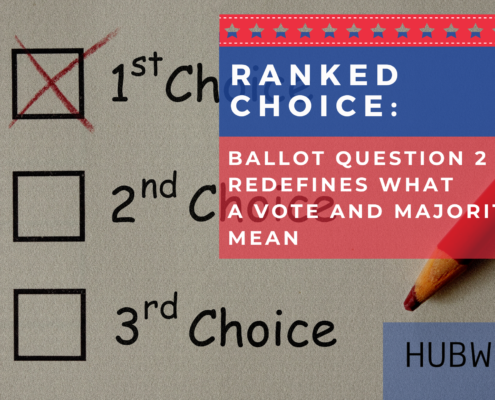
Ranked Choice: Ballot Question 2 Redefines What a Vote and Majority Mean
Join host Joe Selvaggi as he discusses Ranked Choice Voting with former Federal Election Commissioner Lee Goodman. As a recognized national expert in election administration, Commissioner Goodman offers a deep dive on the contours of ranked choice voting, including the benefits and challenges moving to the new system would offer Massachusetts voters.
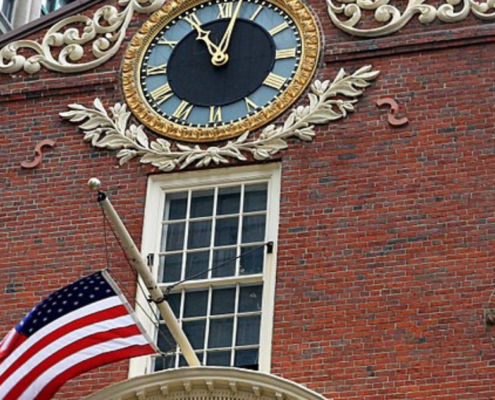
“Architecture is Frozen Music” Great Massachusetts Buildings – 25 Resources for K-12 Education
Understanding enduring public and private architecture is a key way to learn about art, ideas, and how they harmonize with our democracy. Yet, Massachusetts buildings are often never discussed in K-12 education. We’re offering a variety of links about outstanding houses and architecture across the Bay State for parents, teachers, and schoolchildren to enjoy, visit, and better appreciate, including:
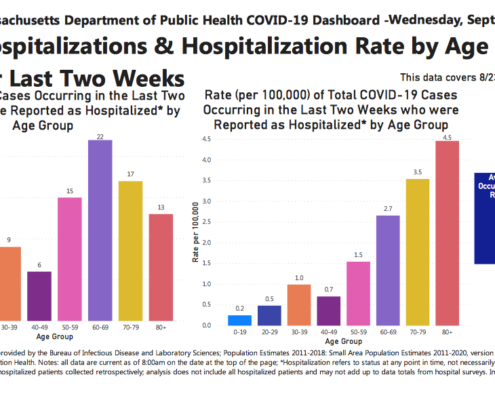
COVID-19 Transparency – A Step Backwards
Massachusetts has unfortunately taken the backwards step of ending its longstanding daily reporting of something basic and important: the virus’s cumulative impact on various age groups.

Kelly Smith, Prenda CEO, on Microschooling & the Future of K-12 Learning
This week on “The Learning Curve,” Cara and Gerard are joined by Kelly Smith, founder and CEO of Prenda, a company that helps create flexible learning environments known as microschools. Often described as the “reinvention of the one-room school house,” microschools combine homeschooling, online education, smaller class sizes, mixed age-level groupings, flipped classrooms, and personalized learning.

Lockdowns – Lawless or Laudable? Grading Gov. Baker’s COVID-19 Emergency Orders 6 Months On
Join Joe Selvaggi and Pioneer Institute’s executive director Jim Stergios for a conversation with Boston Globe columnist Jeff Jacoby about the lawsuit against the Massachusetts Governor’s executive orders. They will explore what can be learned from the first six months of the COVID-19 pandemic, and what must be considered when devising a new way forward.

Announcing the Fall 2020 Pioneer/Nichols Sports Management Policy College Case Competition
In recognition of the continued concerns COVID-19 poses to the…
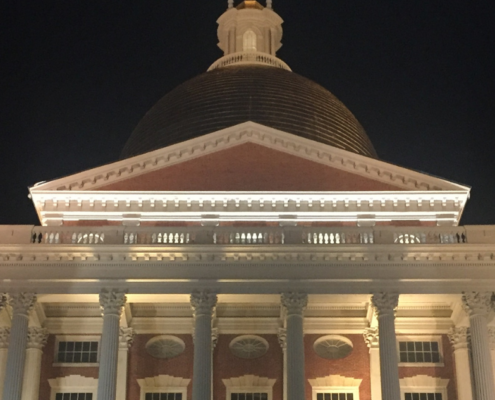
“City Upon a Hill” Massachusetts Monuments & Memorials: 25 Resources for K-12 Education
In Pioneer’s ongoing series of blogs here, here, here, and here on curricular resources for parents, families, and teachers during COVID-19, this one focuses on: Introducing K-12 schoolchildren to Massachusetts monuments & memorials.

Study: Signs of Progress at Madison Park, but Still a Long Way to Go
Four years after it began to implement a turnaround plan, Boston’s Madison Park Technical Vocational High School is showing clear signs of progress, but its performance continues to lag behind that of other vocational-technical schools in Massachusetts, according to a new study published by Pioneer Institute.

U-Ark Prof. Jay Greene & EdChoice’s Jason Bedrick on Yeshivas vs. New York & Religious Liberty
This week on “The Learning Curve,” Cara and Gerard are joined by Jay Greene, the Distinguished Professor and Chair of the Department of Education Reform at the University of Arkansas, and Jason Bedrick, the Director of Policy for EdChoice. They discuss their timely new book, Religious Liberty and Education: A Case Study of Yeshivas vs. New York, about the recent battle between Orthodox Jewish private schools and New York's state government over the content of instruction.

Drug Rebates: How Pharmacy Benefit Managers Manipulate Price & Limit Choice
Join host Joe Selvaggi and his guest Dr. Bill Smith as they discuss the complex incentive structure between drug manufacturers, health plans, and pharmacy benefit managers. In this episode, they focus on how drug rebates work and how a system intended to optimize value may actually deliver higher costs and fewer choices. Joe and Bill also use this framework to speculate on the price of a COVID-19 vaccine, and who will likely pay for it.

Michelle Rhee, Former Chancellor, D.C. Public Schools, on Leading Urban District Reform & the COVID-19 Moment
This week on “The Learning Curve,” Cara and guest co-host Kerry McDonald are joined by Michelle Rhee, founder and former CEO of StudentsFirst and prior to that, former chancellor of the District of Columbia Public Schools (DCPS).
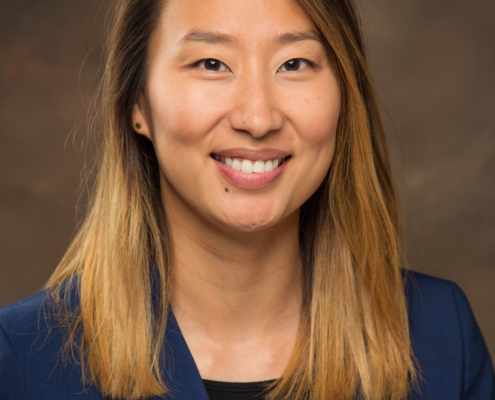
Confronting COVID Constraints: How Certificate of Need laws stifle innovation, increase costs, and reduce quality in healthcare
Join Joe Selvaggi and co-host Josh Archambault, Pioneer Institute's Senior Fellow in Healthcare, as they talk with Institute for Justice’s Jaimie Cavanaugh about the effects of Certificate of Need laws on the healthcare system.
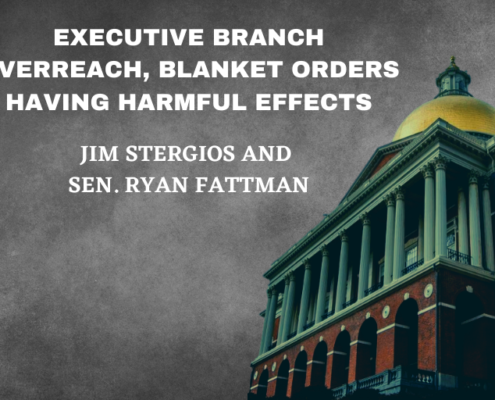
Executive branch overreach, blanket orders having harmful effects
At the outset of the pandemic, limited knowledge and the need to mitigate risk understandably led to political overreach. At this point in the disaster response, though, we are far better at distinguishing fact from fiction and policies that have worked from those that have not.

Study: Growing Drug Rebates Hurt Both Consumers and Healthcare System
Ever-larger rebates are distorting the market for branded drugs and producing outcomes that often benefit neither consumers nor the healthcare system, according to a new study published by Pioneer Institute.
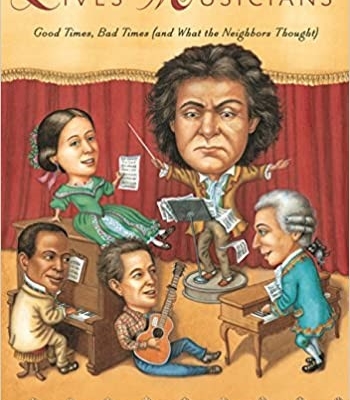
“Music is liquid architecture” – 15 Resources for K-12 Education
In Pioneer’s ongoing series of blogs on curricular resources for parents, families, and teachers during COVID-19, this entry focuses on introducing K-12 schoolchildren to timeless music.

Award-Winning Author Devery Anderson on the 65th Anniversary of the Murder of Emmett Till
This week on “The Learning Curve,” Cara and Gerard are joined by Devery Anderson, the author of Emmett Till: The Murder That Shocked the World and Propelled the Civil Rights Movement. Today, August 28th, marks the 65th anniversary of the brutal murder of 14-year old Emmett Till, a story which is central to understanding America's ongoing struggle for civil rights and racial justice.

MA’s Remote Learning Regs Should Specify Consistent District Grading Policies, Return of MCAS in 2020-21
The COVID-19 pandemic-related revisions to Massachusetts’ remote learning regulations should restore state and local accountability by specifying that any remote academic work shall, to the same extent as in-person education, prepare students to take MCAS tests, and that grading criteria should be the same across in-person, remote, and hybrid learning environments, according to a new policy brief published by Pioneer Institute.
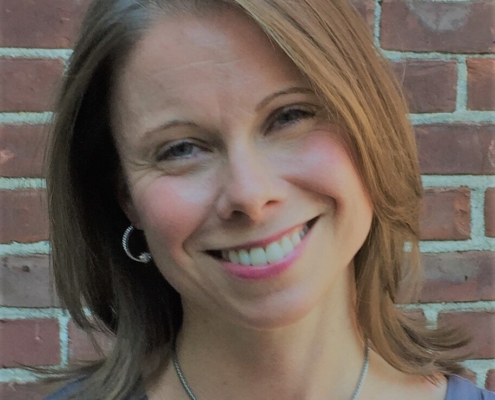
The ABCs of the Newest Diagnostic Science for COVID-19 Testing
Join Hubwonk host Joe Selvaggi as he talks with Hannah Mamuszka, expert in diagnostic science, about the state of COVID-19 testing technology and its implications for a safer return to school and work in the fall.

The 65th Anniversary of the Murder of Emmett Till: 6 Key Resources for K-12 Education
Continuing Pioneer’s ongoing series of blogs on curricular resources for parents, families, and teachers during COVID-19, this post focuses on the 65th anniversary of the murder of Emmett Till, which is August 28, 2020.

Christensen Institute’s Julia Freeland Fisher on K-12 Disruptive Innovation, Professional Networks, & Social Mobility
This week on “The Learning Curve,” Cara and Gerard are joined by Julia Freeland Fisher, director of education research at the Clayton Christensen Institute.

Effects of Covid-19 on the Accommodation and Food Services Industry
Since March, lockdowns and safety regulations from the Covid-19 pandemic have dramatically affected the Accommodation and Food Services industry. The sector is predicted to lose at least 2.1 billion dollars in Massachusetts before recovering. These losses affect individuals, businesses, and Massachusetts’ economy as a whole.
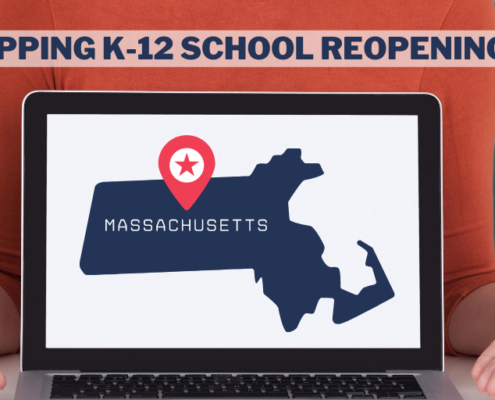
Mapping K-12 School Reopening in Massachusetts
As the 2020-21 school year begins for the approximately 950,000 schoolchildren in Massachusetts, our state and country are working to adapt to the unprecedented moment presented by COVID-19. To aid in these efforts, Pioneer Institute is posting a database and map of districts’ reopening plans.

Doctors Beyond Borders: Firefly Health Shines a Light on Virtual Primary Care
Join Hubwonk host Joe Selvaggi as he speaks with Firefly Health President Fay Rotenberg and Primary Care Doctor and Co-Founder Jeff Greenberg as they discuss the promise and potential of virtual primary care to deliver direct doctor access, price transparency, and more holistic healthcare that may revolutionize the healthcare system.
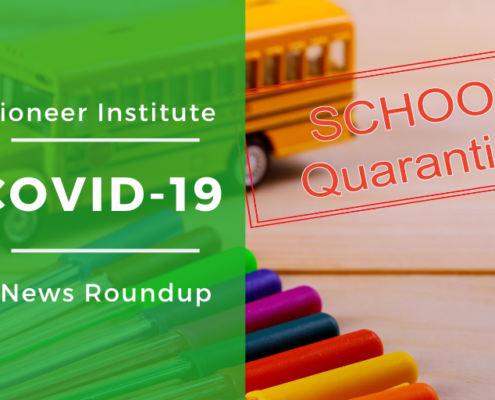
COVID-19 Roundup from Pioneer: COVID vaccine update; Back to School?; Who’s really getting PPP Loans?; Hubwonk: COVID & public spaces; What about school sports?; & more!
COVID-19 Roundup from Pioneer: COVID vaccine update; Back to School?; Who's really getting PPP Loans?; Hubwonk: COVID & public spaces; What about school sports?; & more!

Drawing on State Guidelines to Keep Youth Baseball Alive during COVID-19
Since Major League Baseball finalized its reopening plans in…

President of D.C.’s AppleTree Institute, Jack McCarthy on Charter Schools and Fall Reopening
This week on “The Learning Curve,” Cara and Gerard are joined by Jack McCarthy, president and CEO of AppleTree Institute for Education Innovation and board chair of AppleTree Early Learning Public Charter School. Jack shares what animated him to establish this highly innovative early childhood charter public school network that serves the most vulnerable children in Washington, D.C.

Youth Basketball and COVID-19: Preparing an Indoor Winter Sport for a Global Pandemic
With a COVID-19 vaccine’s widespread availability still estimated…
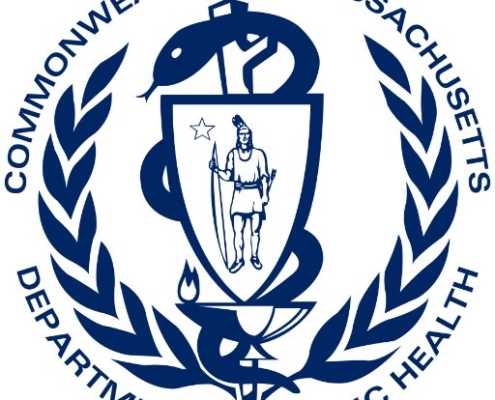
Pioneer wants to know how many people with dementia have died in Massachusetts nursing homes. State government can’t even tell us how many people live in them.
Last month, Pioneer Institute sent a public records request to…

Non-Profits Facing COVID-19: Charles River’s Esplanade Association on Why It’s No Walk in the Park
Join host Joe Selvaggi as he talks with Esplanade Association’s executive director Michael Nichols about how he and other non-profits adapt to a surge in demand for services while coping with a collapse in fundraising opportunities.
